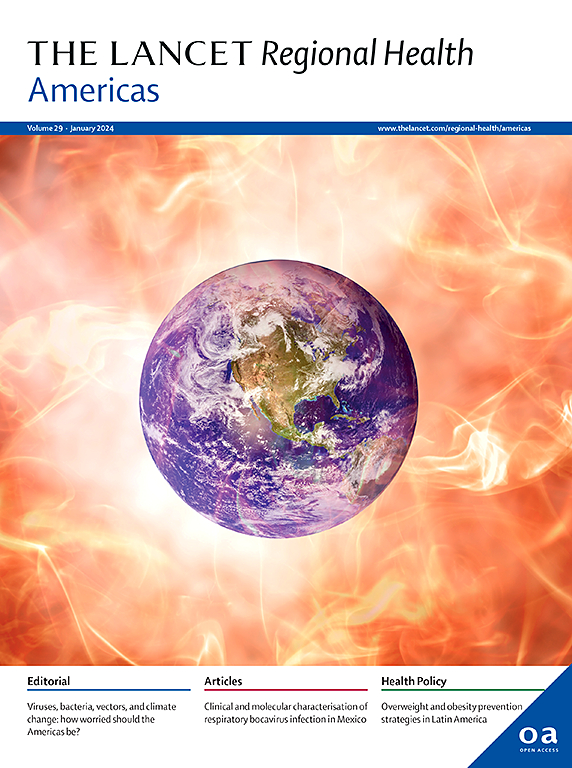拉丁美洲和加勒比性别方法、移民和健康之间的交叉:基于范围界定审查的讨论
IF 7
Q1 HEALTH CARE SCIENCES & SERVICES
引用次数: 0
摘要
本文章由计算机程序翻译,如有差异,请以英文原文为准。
Intersections between gender approaches, migration and health in Latin America and the Caribbean: a discussion based on a scoping review
Gender is a sociocultural construct that assigns forms of behaviour, power, and roles to individuals based on their sexual differentiation. There are multiple gender approaches that help distinguish risks, health conditions and behaviours related to the body, health-disease processes, and differential opportunities to access health care. Based on a scoping review of scientific and grey literature in LAC, we discuss existing understandings of international migrants’ health in LAC with a focus on gender approaches. Our discussion covers the following seven dimensions: gender-based violence, sexual and reproductive health, sexually transmitted diseases, mental health, barriers to healthcare services, and emerging patterns of health and healthcare among men and LGBTIQA+. The evidence indicates the urgent need to adopt gender approaches when addressing migrant and refugee health in LAC. Including gender approaches into ongoing strategies for promoting and protecting the health and rights of migrants and refugees is a pending challenge in the region.
求助全文
通过发布文献求助,成功后即可免费获取论文全文。
去求助
来源期刊

Lancet Regional Health-Americas
Multiple-
CiteScore
8.00
自引率
0.00%
发文量
0
期刊介绍:
The Lancet Regional Health – Americas, an open-access journal, contributes to The Lancet's global initiative by focusing on health-care quality and access in the Americas. It aims to advance clinical practice and health policy in the region, promoting better health outcomes. The journal publishes high-quality original research advocating change or shedding light on clinical practice and health policy. It welcomes submissions on various regional health topics, including infectious diseases, non-communicable diseases, child and adolescent health, maternal and reproductive health, emergency care, health policy, and health equity.
 求助内容:
求助内容: 应助结果提醒方式:
应助结果提醒方式:


